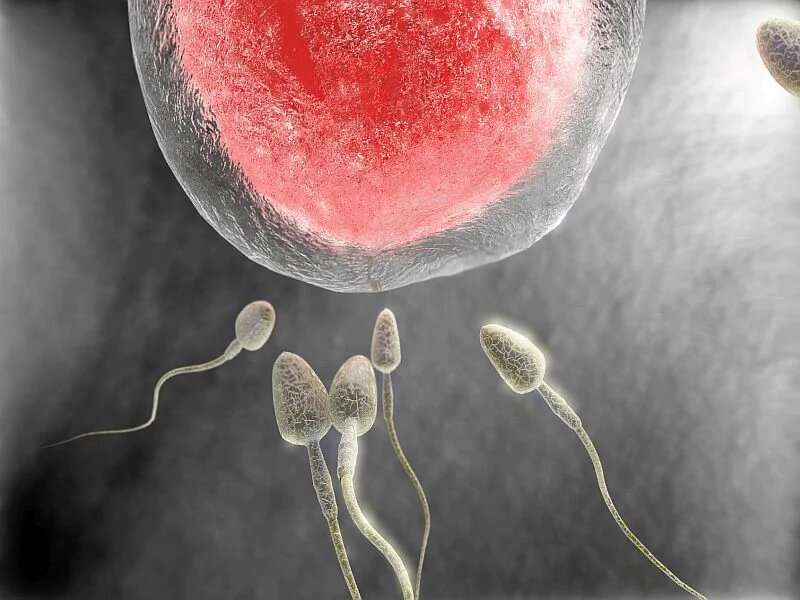Perinatal outcomes poorer with cryopreserved donor oocytes

(HealthDay)—For women undergoing in vitro fertilization (IVF), use of cryopreserved versus fresh donor oocytes is associated with marginally, but statistically significant, lower odds of a good perinatal outcome, according to a study published online Feb. 6 in Obstetrics & Gynecology.
Jennifer L. Eaton, M.D., from the Duke University Medical Center in Durham, North Carolina, and colleagues conducted a retrospective cohort study of women undergoing donor oocyte IVF from 2012 to 2015 to compare the odds of a good perinatal outcome between cryopreserved and fresh donor oocytes. Data were included for 36,925 cycles: 22.7 and 77.3 percent used cryopreserved and fresh oocytes, respectively.
The researchers found that before and after covariate adjustment, the odds of a good perinatal outcome were marginally but significantly lower with cryopreserved versus fresh oocytes (22.0 versus 24.1 percent; unadjusted odds ratio, 0.90; adjusted odds ratio, 0.88). Cryopreserved oocytes were associated with lower rates of live birth (39.6 versus 47.7 percent; odds ratio, 0.75), multiple birth (22.3 versus 31.2 percent; odds ratio, 0.63), and prematurity (27.6 versus 30.6 percent; odds ratio, 0.86) compared with fresh oocytes.
"The clinical significance of this finding is relatively modest in light of the many known benefits of cryopreserved donor oocytes," the authors write. "Patients should be encouraged to consider the advantages and disadvantages of both approaches when planning for donor oocyte IVF."
More information: Abstract/Full Text (subscription or payment may be required)
Copyright © 2020 HealthDay. All rights reserved.


















